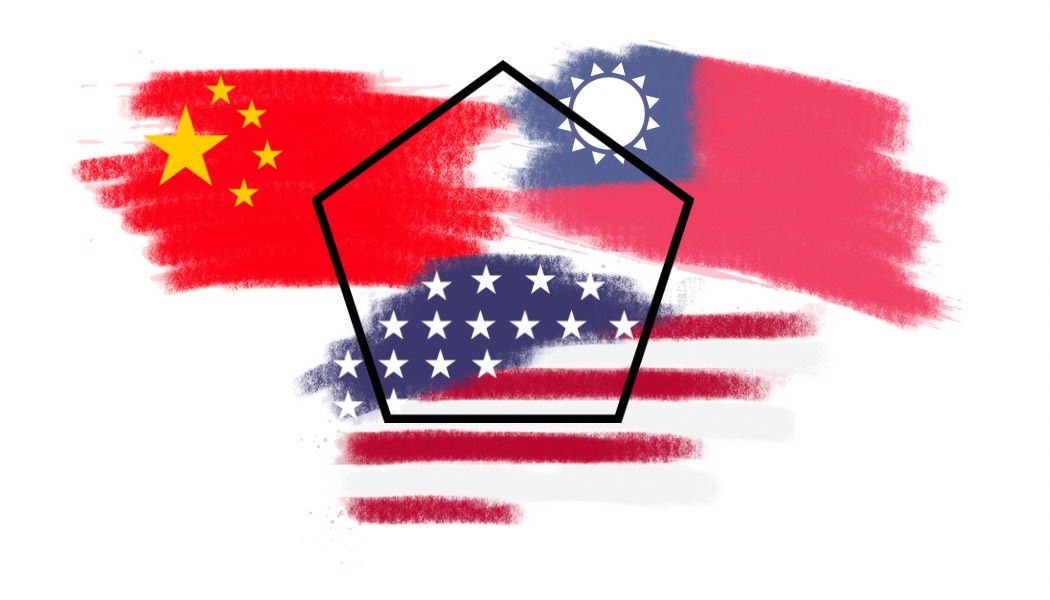The U.S. Pentagon released its annual China Military Power Report last month, and with it came more information about potential threats to the U.S. and other countries around the world, including Taiwan. According to this report, China has specifically been strengthening its nuclear power over the past year. China’s attempts to reunite Taiwan by force may rise, causing conflicts between the U.S. (which supports Taiwan’s independence) and China in the future.
China has been strengthening its ties with Russia according to the Pentagon report and thus increasing pressure towards Taiwan. Ever since Taiwan declared independence from Communist China in 1949, the island country has rejected Beijing’s demands to unify with China again. China said they will bring Taiwan back by force by 2027.
Opinions among experts are mixed whether or not the global superpower is capable of achieving this goal, in part because former officials were recently accused of corruption while they served in China’s powerful Central Military Commission, which oversees the People’s Liberation Army. Allegations state that the Central Military is affecting Beijing’s ability to grow and modernize while also hurting military growth due to enriching themselves through bribes. This is a violation of both military and party discipline and is from where the allegations likely sprang.
Despite this, the Pentagon’s report reveals that Beijing is allegedly working on creating a more diverse technology and sophisticated nuclear force. China is also seen as broadening its targeting abilities, further suggesting a growing warhead arsenal. With an increased ability to do more damage to a greater variety of targets, as well as have more routes for counterstrikes, the U.S. warned China that the American military would defend their allies if China was not transparent about their nuclear project. According to the Pentagon, China is suspected to have more than 600 functional Nuclear weapons but is suspected to have closer to 1,000 once 2030 hits. The Chinese Embassy has stated that they use nuclear weapons in self-defense and that they keep their nuclear capabilities at a minimum. Liu Pengyu, the embassy’s spokesperson, said that the Pentagon’s annual reports involving China are based on a “cold war” mindset and China opposes this type of mindset.
“China and Taiwan have always had tension,” Columbia Heights High School World History teacher Kisten Sinicariello said. “Back in the 1930s and 1940s, there was a Civil War between the Communist Party and the Nationalist Party. In 1949, the Communists won the war, and Mao Zedong became the leader of China. At that time, Chiang Kai-Shek and the nationalists fled to Taiwan, along with most of the country’s gold and reserves. Since then, Taiwan has been an independent democratic nation that lies in stark contrast to the communist dictatorship in China.”
The U.S. Pentagon thus remains of the belief that China is the biggest security challenge for the American Department of Defense. The report suggests that the threat from Beijing will influence how the U.S. military equips and organizes for the future, especially as an increased Chinese military presence around Taiwan continues. Conflicts between countries such as this don’t just affect the governments and militaries but the citizenry as well. Racism and prejudice between countries can and already has taken root, instilling fear and hate between peoples. Add in the continued violence in Ukraine amid Russia’s decades-long allyship with China, and a newly elected American President who aligns himself with the Kremlin more than any other previous president while also taking hostile action against China in the form of tariffs, and this fear, hate and prejudice only become more volatile.
“Since Taiwan and mainland China’s economic booms, it has been hard for the U.S. and other countries to pick which one to support,” Halen Baptist (9) said. “This has been heated recently as the Russian invasion of Ukraine has caused the U.S. to embargo one of China’s greatest allies.”
The growing conflicts and tensions among these countries and more will certainly continue to influence the U.S. Department of Defense. These Pentagon updates help American borders stay secure but with an increasing nuclear arms race and tenuous alliances, it becomes clearer that foreign relations are as important as ever for maintaining the peace.










